Democratic conservatism in Russia’s multiparty system of the future
Challenges and Opportunities
By Fedor Krasheninnikov December 15, 2024
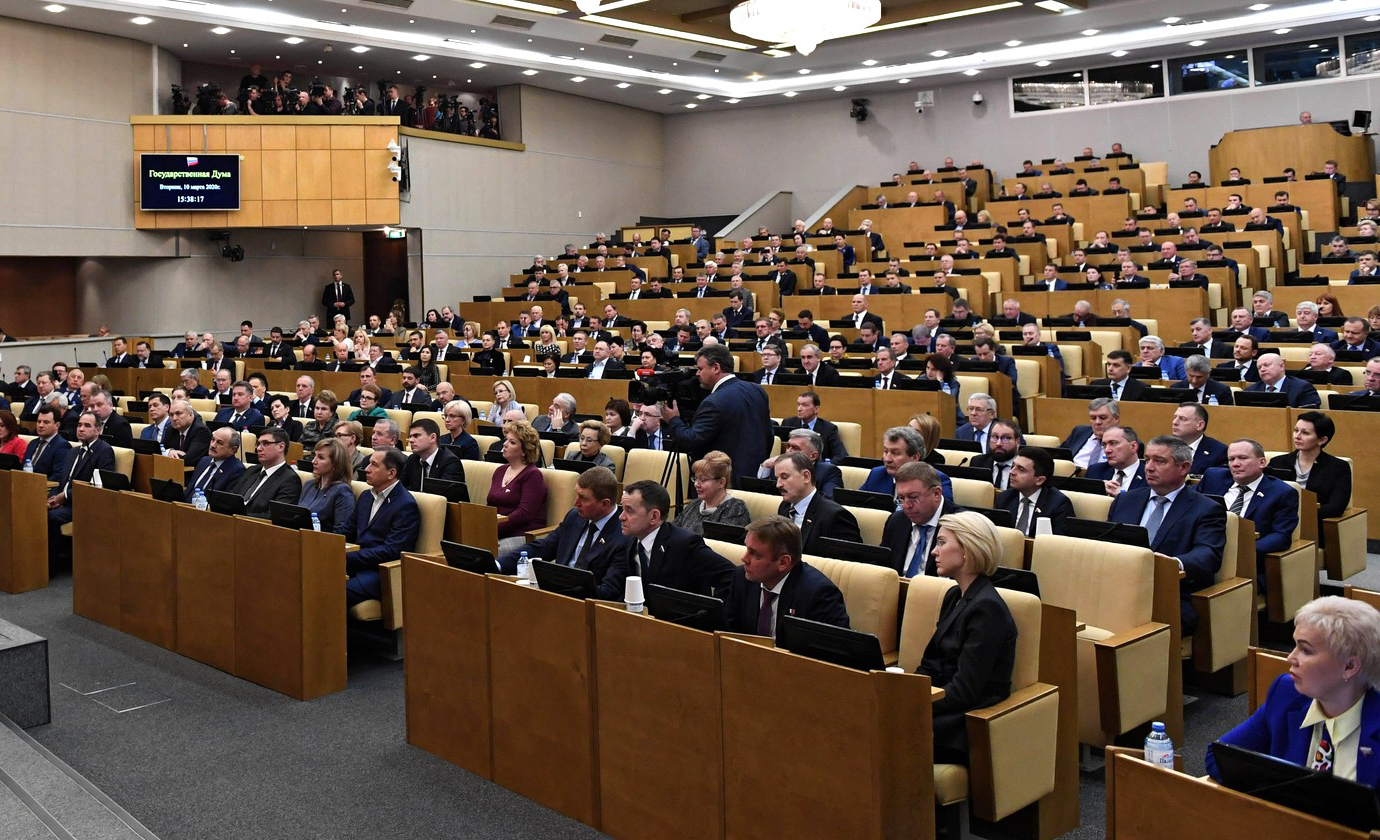
Challenges and Opportunities
By Fedor Krasheninnikov December 15, 2024

When discussing the future of Russia after Putin, few argue against restructuring its political system into a federal parliamentary republic. It is worth remembering, however, that the condition for such a transition is the creation and sustainable functioning of a multiparty system.
A political party in a parliamentary republic is an association of citizens drawn together by a common program and ideology. Its task is to delegate its representatives to the parliament to participate in the formation of the government. Enabled by a confidence mandate from their voters, parties form a coalition government whose program considers the wishes of all participating parties. For a parliamentary system to be sustainable, it should be based on several major parties that can consolidate the majority of voters during elections and then create a stable coalition, either between themselves or involving smaller parties.
When discussing the future of Russia after Putin, few argue against restructuring its political system into a federal parliamentary republic. It is worth remembering, however, that the condition for such a transition is the creation and sustainable functioning of a multiparty system.
A political party in a parliamentary republic is an association of citizens drawn together by a common program and ideology. Its task is to delegate its representatives to the parliament to participate in the formation of the government. Enabled by a confidence mandate from their voters, parties form a coalition government whose program considers the wishes of all participating parties. For a parliamentary system to be sustainable, it should be based on several major parties that can consolidate the majority of voters during elections and then create a stable coalition, either between themselves or involving smaller parties.
It is important to keep in mind a few points, largely neglected by the Russian opposition so far.
First, in a democratic society, all those who are not explicitly prohibited from participating in elections by a court of law are allowed to participate. It means that the range of ideologies, candidates and programs featuring in Russia’s first free elections will be much broader than the left- and right‑wing liberal spectrum traditionally associated with the Russian opposition. The idea, popular in some circles, that anyone whose views seem questionable should be kept out is dangerous because it is liable to discredit the entire new political system in the eyes of a significant part of the electorate.
Second, the experience of post‑war West Germany shows that even in the best‑case scenario, a liberal party can only be a junior partner in a coalition of centrist or right‑wing parties. Throughout the history of the Federal Republic of Germany, the liberals never won an absolute majority in parliament and neither did they form a government nor even a coalition on their own. It is naive to believe that it would be possible in Russia in a fair election, especially given the decades‑long obstruction of the liberals and their electoral performance in the 1990s. Therefore, one should not assume, much less try to convince others that the fall and dismantling of Putinism will inevitably pave the way to power to the liberals. Let us not forget that the very idea of a «liberal opposition» was invented by the Kremlin, only to be picked up by many of its opponents. It is understandable that it flatters a small group of orthodox liberals. But the Russian opposition is heterogeneous, divided not only along the left‑right axis but also on many other important points.
It is important to keep in mind a few points, largely neglected by the Russian opposition so far.
First, in a democratic society, all those who are not explicitly prohibited from participating in elections by a court of law are allowed to participate. It means that the range of ideologies, candidates and programs featuring in Russia’s first free elections will be much broader than the left- and right‑wing liberal spectrum traditionally associated with the Russian opposition. The idea, popular in some circles, that anyone whose views seem questionable should be kept out is dangerous because it is liable to discredit the entire new political system in the eyes of a significant part of the electorate.
Second, the experience of post‑war West Germany shows that even in the best‑case scenario, a liberal party can only be a junior partner in a coalition of centrist or right‑wing parties. Throughout the history of the Federal Republic of Germany, the liberals never won an absolute majority in parliament and neither did they form a government nor even a coalition on their own. It is naive to believe that it would be possible in Russia in a fair election, especially given the decades‑long obstruction of the liberals and their electoral performance in the 1990s. Therefore, one should not assume, much less try to convince others that the fall and dismantling of Putinism will inevitably pave the way to power to the liberals. Let us not forget that the very idea of a «liberal opposition» was invented by the Kremlin, only to be picked up by many of its opponents. It is understandable that it flatters a small group of orthodox liberals. But the Russian opposition is heterogeneous, divided not only along the left‑right axis but also on many other important points.
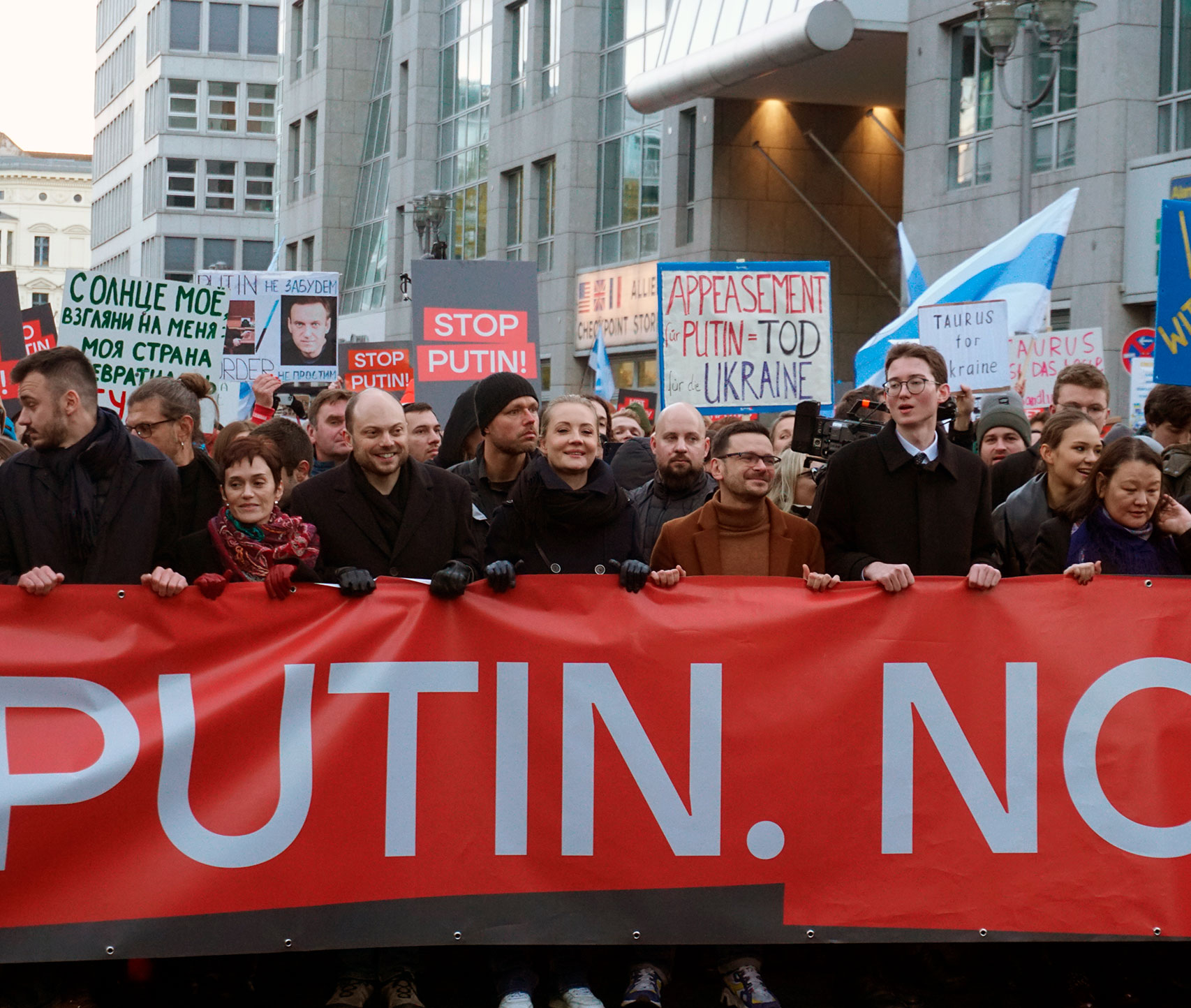

Third, free elections in Russia, whenever they take place, will most definitely not be a contest between émigré groups. The vast majority of candidates and parties will consist of those Russians who will have survived Putin’s dictatorship at home. The vast majority of voters will also be Russians with no experience of emigration or interaction with emigrants. Every ideology or program we discuss in emigration will be evaluated by those who live in Russia.
Third, free elections in Russia, whenever they take place, will most definitely not be a contest between émigré groups. The vast majority of candidates and parties will consist of those Russians who will have survived Putin’s dictatorship at home. The vast majority of voters will also be Russians with no experience of emigration or interaction with emigrants. Every ideology or program we discuss in emigration will be evaluated by those who live in Russia.
This analysis focuses on the right wing of the Russian opposition; we will consider the left part of the spectrum in future publications.
Apart from a handful of distinguished liberals, mostly middle‑aged and with a background in politics that goes back to the 1990s, only libertarians make themselves heard, — most often by attacking mainstream liberals or voicing rather unorthodox ideas. But between these poles there are many intermediate positions hardly represented in the public discourse. There are classical conservatives who combine a commitment to core liberal values with a critique of radical feminism, gender issues, and the whole package of leftist ideas. There are national conservatives who hate Putin because they believe he is destroying Russia’s future. There are also people of moderate views who are against Putin and the war, tolerant of feminism and LGBTQ+, but reluctant to support radical slogans and speakers.
This analysis focuses on the right wing of the Russian opposition; we will consider the left part of the spectrum in future publications.
Apart from a handful of distinguished liberals, mostly middle‑aged and with a background in politics that goes back to the 1990s, only libertarians make themselves heard, — most often by attacking mainstream liberals or voicing rather unorthodox ideas. But between these poles there are many intermediate positions hardly represented in the public discourse. There are classical conservatives who combine a commitment to core liberal values with a critique of radical feminism, gender issues, and the whole package of leftist ideas. There are national conservatives who hate Putin because they believe he is destroying Russia’s future. There are also people of moderate views who are against Putin and the war, tolerant of feminism and LGBTQ+, but reluctant to support radical slogans and speakers.
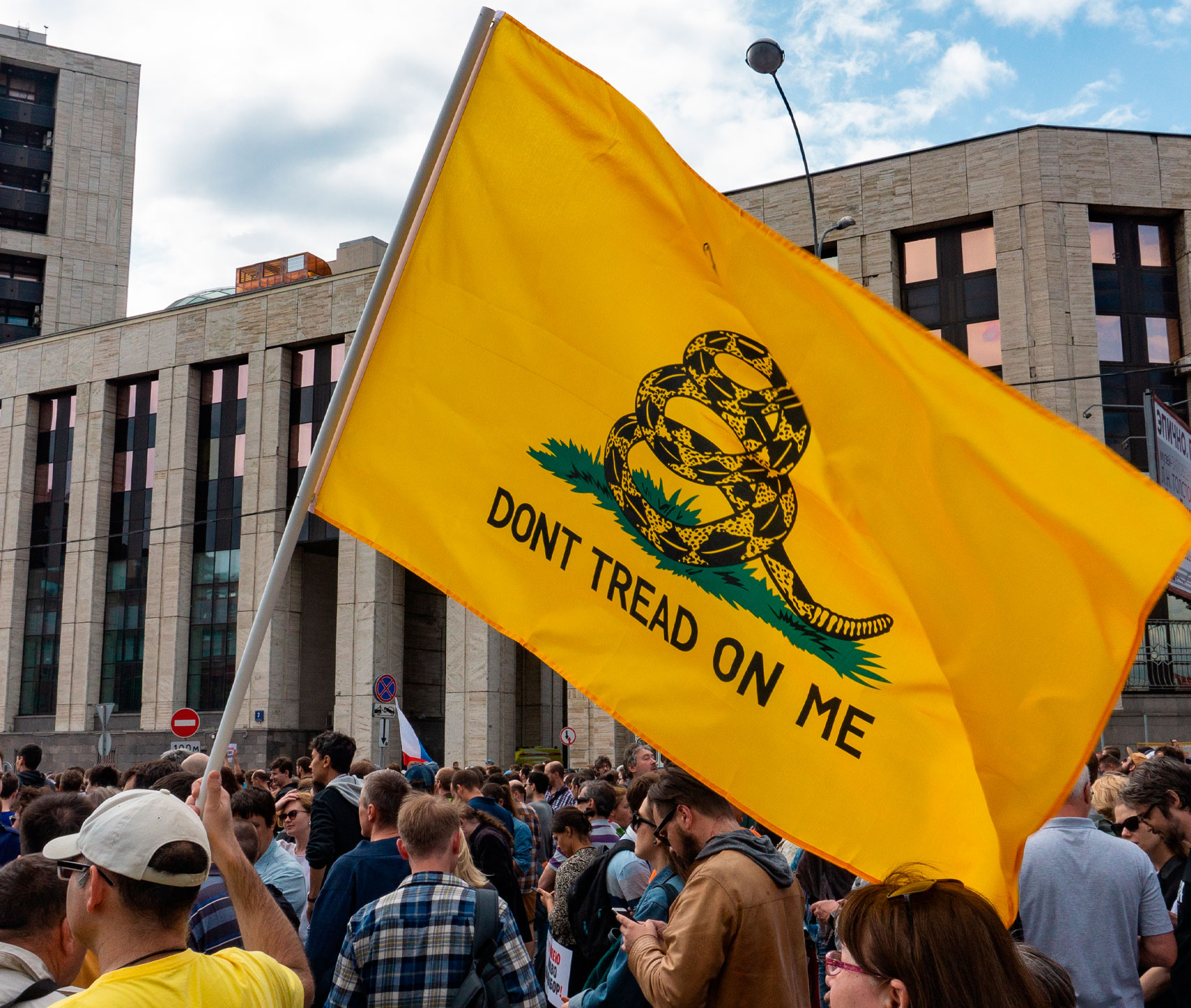

Unfortunately, the anti‑Putin opposition does not conduct any systematic work with these people. The market of ideas for Russia after Putin is dominated by radical and ultra‑radical views coming from the liberal and left‑wing camps. It engenders a misconception of the Russian opposition as adherents of extreme or extravagant ideas, complicates relations within the opposition community and alienates it from those who live in Russia.
Certain problems in the international arena come of it as well. For instance, several members of the opposition vocally supported the Democrats in the US elections. The impression that this is the joint position of the entire anti‑Putin movement is false: a significant portion of Russians who disagree with Putin, both at home and in exile, share the views of the Republican Party on many issues, despite all the nuances and differences between the two countries and their political systems.
Unfortunately, the anti‑Putin opposition does not conduct any systematic work with these people. The market of ideas for Russia after Putin is dominated by radical and ultra‑radical views coming from the liberal and left‑wing camps. It engenders a misconception of the Russian opposition as adherents of extreme or extravagant ideas, complicates relations within the opposition community and alienates it from those who live in Russia.
Certain problems in the international arena come of it as well. For instance, several members of the opposition vocally supported the Democrats in the US elections. The impression that this is the joint position of the entire anti‑Putin movement is false: a significant portion of Russians who disagree with Putin, both at home and in exile, share the views of the Republican Party on many issues, despite all the nuances and differences between the two countries and their political systems.
Who will be the choice of the current Putin supporters in the first free elections? Many will switch sides due to disenchantment, as it often happens. But if the bulk of Putin’s loyal electorate is not given the option of reasonable, moderate, and democratic conservatism in all its diversity, their votes are likely to go to the revanchists, who inevitably appear in any political system after the dismantling of a dictatorship. It is the revanchists who will be the main contenders for the sympathies of the largest part of the voters previously loyal to the regime. And it is on their turf that those who see the Russia of the future as a free democratic federation will have to fight. Losing this battle may mean a quick downfall of democracy during post‑Putin transition.
This was the case in the 1990s, when the ideologists of the Yeltsin regime did not believe systematic political work with civil society outside of elections to be necessary while offering the most radical interpretation of Western progressivism to people formed under Soviet rule. As a result, many Russian citizens, frightened by the extremes, the rapid change, and failed economic reforms, became easy prey first to the revanchists (the CPSU and LDPR) and then to Putin, who eventually framed his dictatorship as a return to the values that the majority of the Russian population understood.
Who will be the choice of the current Putin supporters in the first free elections? Many will switch sides due to disenchantment, as it often happens. But if the bulk of Putin’s loyal electorate is not given the option of reasonable, moderate, and democratic conservatism in all its diversity, their votes are likely to go to the revanchists, who inevitably appear in any political system after the dismantling of a dictatorship. It is the revanchists who will be the main contenders for the sympathies of the largest part of the voters previously loyal to the regime. And it is on their turf that those who see the Russia of the future as a free democratic federation will have to fight. Losing this battle may mean a quick downfall of democracy during post‑Putin transition.
This was the case in the 1990s, when the ideologists of the Yeltsin regime did not believe systematic political work with civil society outside of elections to be necessary while offering the most radical interpretation of Western progressivism to people formed under Soviet rule. As a result, many Russian citizens, frightened by the extremes, the rapid change, and failed economic reforms, became easy prey first to the revanchists (the CPSU and LDPR) and then to Putin, who eventually framed his dictatorship as a return to the values that the majority of the Russian population understood.
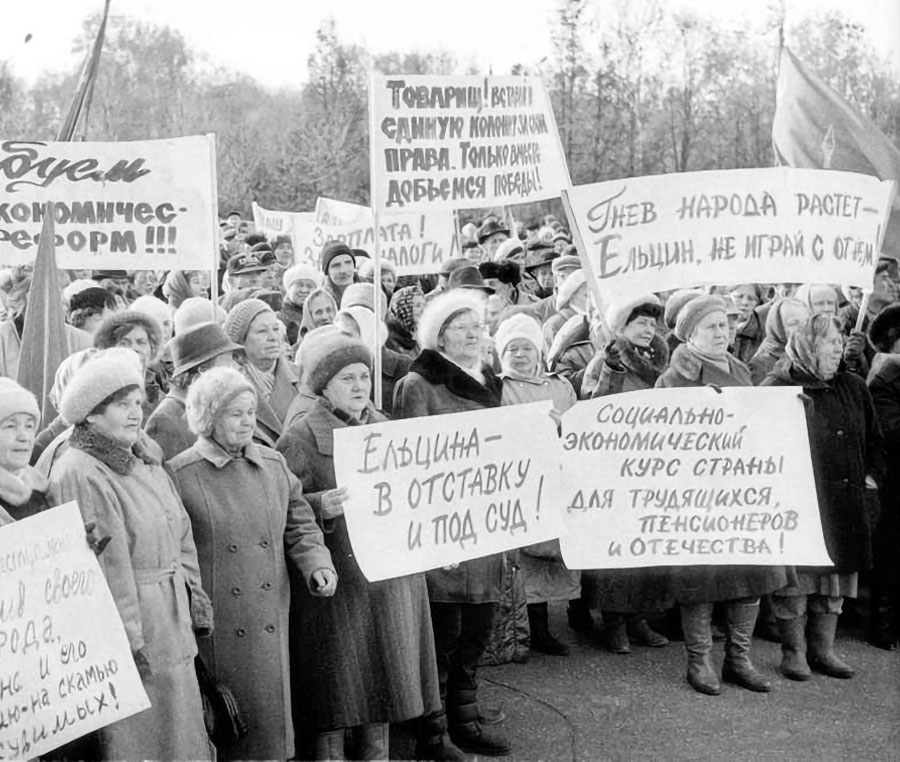

To prevent the moderate and conservative segments of Russian society from siding with the revanchists and envision alternatives to Putinism they could accept, it is necessary to seriously consider methods of working with them. We need coherent programs and concepts that will discard Putin’s anti‑democratism and militarism, at the same time being relatable to many Russians.
To prevent the moderate and conservative segments of Russian society from siding with the revanchists and envision alternatives to Putinism they could accept, it is necessary to seriously consider methods of working with them. We need coherent programs and concepts that will discard Putin’s anti‑democratism and militarism, at the same time being relatable to many Russians.
Putin’s dictatorship has already lasted twice as long as Hitler’s; it will inevitably leave a mark on the worldview of tens of millions. It seems that conservative democratic, national democratic and Christian democratic parties could be a good means for Russians loyal to Putin’s regime to adapt to a future democratic society.
It is useful to study the formation and development of Christian democratic parties in post‑war Europe, primarily in Germany and partly in Italy. In the countries where the majority had recently supported the nazi and fascist dictatorships, there was a need to give the people an opportunity to participate in and even benefit from the democratization process, to find viable answers about the past and future in the new political system. Think of the programs and slogans of the post‑war Germany’s CDU; by modern standards, their overt and even radical conservatism is striking.
Konrad Adenauer and his associates successfully accomplished the daunting task of putting the German Federal Republic, which was in ruins and where most of the adult male population had recently fought for Hitler, on the path of sustainable democratic development. Today, many ideological compromises of the 1940s and 1950s seem dubious, if not unacceptable. But they allowed German society to consolidate in the wake of the lost war and the criminal dictatorship, preparing for an open conversation about the past, which began in the 1960s and led to a profound rethinking of German history in the 1980s and 1990s.
It is also important to recognize the mistakes that subsequently caused problems. In Italy, the Christian Democratic Party, the most important political actor from the mid‑1940s to the early 1990s, collapsed under the weight of scandals and accusations of corruption and Mafia connections. In Germany, the CDU’s gradual shift to more centrist and even leftist politics in recent decades has created a niche for radicals from the AfD.
Putin’s dictatorship has already lasted twice as long as Hitler’s; it will inevitably leave a mark on the worldview of tens of millions. It seems that conservative democratic, national democratic and Christian democratic parties could be a good means for Russians loyal to Putin’s regime to adapt to a future democratic society.
It is useful to study the formation and development of Christian democratic parties in post‑war Europe, primarily in Germany and partly in Italy. In the countries where the majority had recently supported the nazi and fascist dictatorships, there was a need to give the people an opportunity to participate in and even benefit from the democratization process, to find viable answers about the past and future in the new political system. Think of the programs and slogans of the post‑war Germany’s CDU; by modern standards, their overt and even radical conservatism is striking.
Konrad Adenauer and his associates successfully accomplished the daunting task of putting the German Federal Republic, which was in ruins and where most of the adult male population had recently fought for Hitler, on the path of sustainable democratic development. Today, many ideological compromises of the 1940s and 1950s seem dubious, if not unacceptable. But they allowed German society to consolidate in the wake of the lost war and the criminal dictatorship, preparing for an open conversation about the past, which began in the 1960s and led to a profound rethinking of German history in the 1980s and 1990s.
It is also important to recognize the mistakes that subsequently caused problems. In Italy, the Christian Democratic Party, the most important political actor from the mid‑1940s to the early 1990s, collapsed under the weight of scandals and accusations of corruption and Mafia connections. In Germany, the CDU’s gradual shift to more centrist and even leftist politics in recent decades has created a niche for radicals from the AfD.
To successfully overcome Putin’s dictatorship and its consequences, Russia will need a lineup of new parties and ideologies, some of which will work with the centrist, center‑right, and right‑liberal electorate (to use a values scale rather than an economic one).
To successfully overcome Putin’s dictatorship and its consequences, Russia will need a lineup of new parties and ideologies, some of which will work with the centrist, center‑right, and right‑liberal electorate (to use a values scale rather than an economic one).
It is necessary to be concerned with launching appropriate think tanks, creating media outlets focused on bearers of similar views, and searching for new leaders who will form the right flank of Russian democratic politics and take on the task of solving the most important political problem of post‑Putin Russia. The task will be to neutralize the passive majority of Putin’s supporters and integrate them into a normal democratic process through a system of political organizations of the conservative‑democratic spectrum.
It is necessary to be concerned with launching appropriate think tanks, creating media outlets focused on bearers of similar views, and searching for new leaders who will form the right flank of Russian democratic politics and take on the task of solving the most important political problem of post‑Putin Russia. The task will be to neutralize the passive majority of Putin’s supporters and integrate them into a normal democratic process through a system of political organizations of the conservative‑democratic spectrum.
This is not a theoretical task; by the time an opportunity for change in Russia presents itself, all these people and structures should be ready to work on the ground, to participate in elections, and to transform Russia’s political system.
This is not a theoretical task; by the time an opportunity for change in Russia presents itself, all these people and structures should be ready to work on the ground, to participate in elections, and to transform Russia’s political system.
We may not have direct insight into the thoughts and intentions of Russian elites. However, we can speculate on the areas they need to consider for embracing change
By Vasiliy Zharkov
March 14, 2024
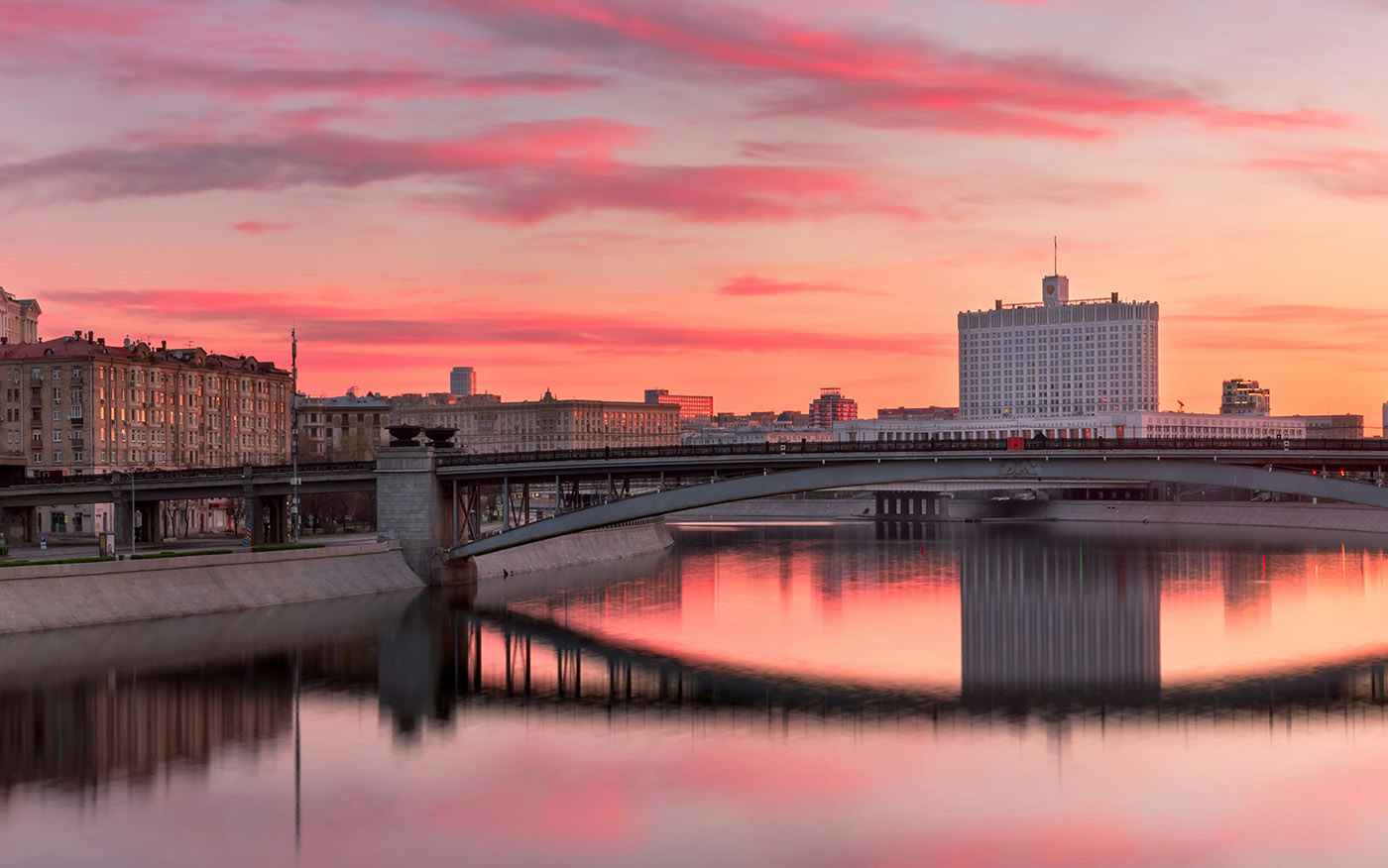 Report
Report We see that Russia has slid towards authoritarianism. Does this mean that the democratic experiment of the 1990s was an absolute failure?
By Vladimir Milov
May 29, 2024
 Report
Report Here are the primary concepts, as Mr. Krasheninnikov and Mr. Milov see them, for crafting a future free Russia.
By Fedor Krasheninnikov
October 25, 2023

We may not have direct insight into the thoughts and intentions of Russian elites. However, we can speculate on the areas they need to consider for embracing change
By Vasiliy Zharkov
March 14, 2024
 Report
Report We see that Russia has slid towards authoritarianism. Does this mean that the democratic experiment of the 1990s was an absolute failure?
By Vladimir Milov
May 29, 2024
 Report
Report Here are the primary concepts, as Mr. Krasheninnikov and Mr. Milov see them, for crafting a future free Russia.
By Fedor Krasheninnikov
October 25, 2023
